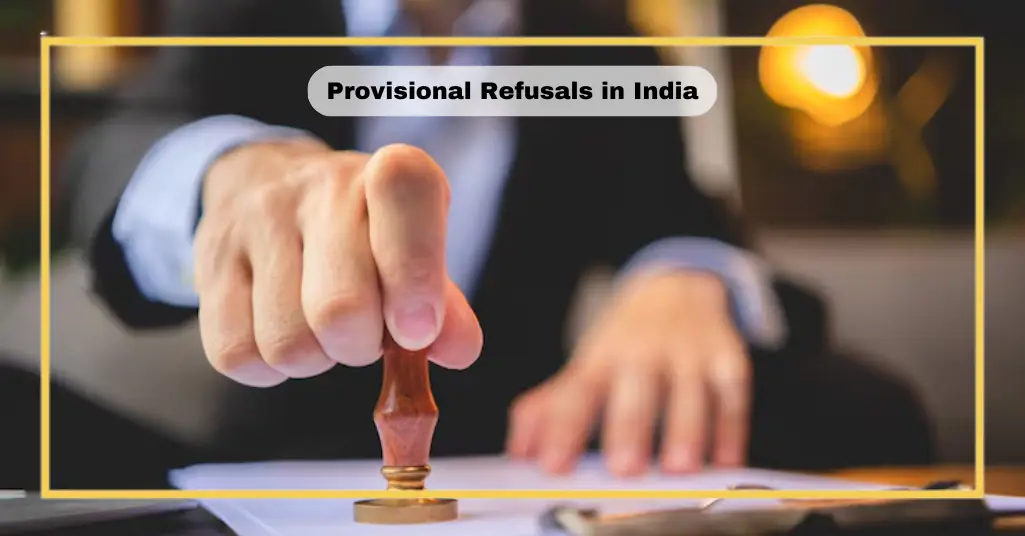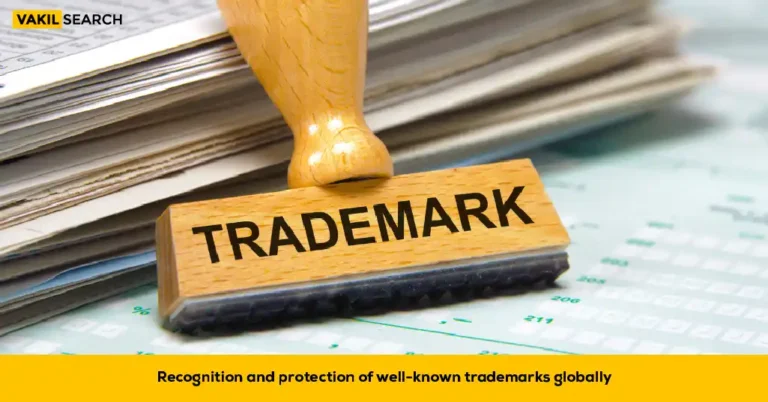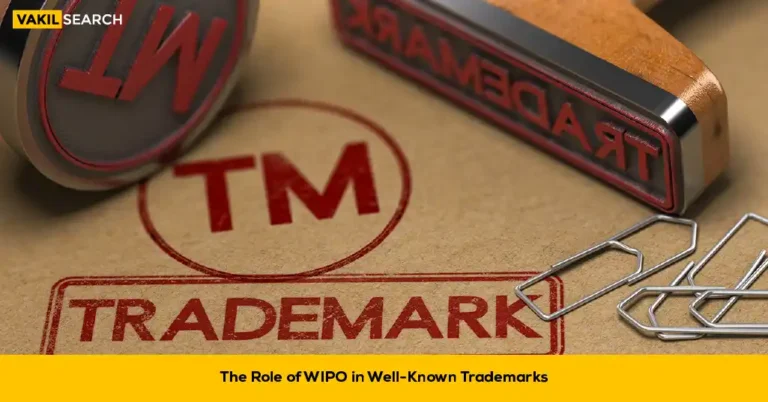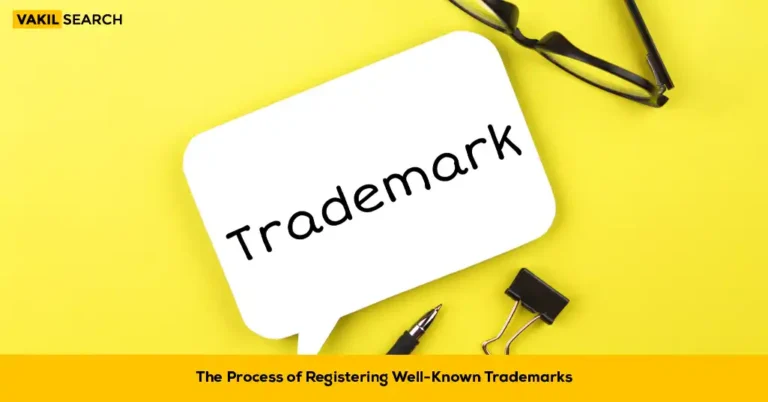Explore the concept of provisional refusals in trademark registration in India. Discover the reasons behind provisional refusals and learn the strategies and procedures to address and overcome them, and ensure successful trademark registration.
The Provisional Refusals in India Madrid System has revolutionized international trademark registration, offering a streamlined process for businesses to protect their brands across multiple jurisdictions. Since its establishment, the system has undergone significant evolution, adapting to the changing needs of global commerce.
Administered by the World Intellectual Property Organization (WIPO) in Geneva, the Madrid System has facilitated over a million trademark registrations worldwide, providing businesses with a centralized platform to manage their international trademark portfolios.
Understanding the Madrid System: Key Treaties
At the core of the Madrid System are two pivotal treaties: the Madrid Agreement of 1981 and the Madrid Protocol of 1989. While the Agreement laid the groundwork for international trademark registration, it was the Protocol that propelled the Madrid System into the modern era, offering greater flexibility and efficiency.
Under this system, WIPO serves as the central authority for registering and managing international trademarks, simplifying the process for businesses operating globally.
Provisional Refusals in the Madrid System:
A fundamental aspect of the trademark registration process within the Madrid System is the concept of provisional refusals. These refusals represent the initial objections raised by national trademark offices (referred to as the “Office of Origin”) when reviewing international trademark applications submitted through the Madrid System.
As applications undergo examination by each designated country’s trademark office, provisional refusals may be issued based on various grounds specified in national trademark laws.
Provisional Refusals: Strategies and Considerations
Upon receiving a provisional refusal, applicants have the opportunity to respond and address the concerns raised by the national trademark office. This response should include compelling arguments, supporting evidence, or amendments aimed at overcoming the grounds for refusal. The goal is to persuade the national office to withdraw the provisional refusal and allow the registration process to proceed smoothly.
Grounds for Provisional Refusal: Legal Considerations
Provisional refusals may be issued based on a range of grounds outlined in national trademark laws. These grounds often include conflicts with pre-existing trademarks, lack of distinctiveness, descriptive or generic nature of the mark, or violations of local trademark regulations.
In India, for example, the Trade Marks Act of 1999 and the Trade Marks Rules of 2017 delineate the legal provisions relevant to provisional refusals, addressing absolute grounds, relative grounds, deficiencies in the application, and procedural guidelines for examination.
Provisional Refusals in Various Jurisdictions
In numerous jurisdictions, provisional refusals are a standard aspect of the international trademark registration process. These refusals serve as preliminary objections raised by national trademark offices during the examination of trademark applications:
- United Kingdom: The UK Intellectual Property Office (UKIPO) has the authority to issue provisional refusals while reviewing trademark applications.
- European Union: The European Union Intellectual Property Office (EUIPO) is empowered to issue provisional refusals for European Union Trademarks (EUTMs) during the examination process.
- Canada: The Canadian Intellectual Property Office (CIPO) conducts examinations of trademark applications and may issue provisional refusals based on various grounds.
Responding to a Provisional Refusal
When confronted with a provisional refusal, applicants must craft a comprehensive response to convince the national office of the distinctiveness and eligibility of their trademark. Addressing each objection raised by the authority with compelling evidence or arguments is crucial. Engaging the services of a qualified trademark attorney can significantly enhance the quality and effectiveness of the response. It’s essential to gather relevant documents, materials, and arguments, including legal precedents, market research findings, and expert opinions, to bolster the response’s credibility.
Each jurisdiction may have specific timelines and submission guidelines for responding to provisional refusals:
- In India, responses must adhere to specific timelines and submission guidelines outlined by the Trademarks Registry.
- In the United Kingdom, responses are typically due within two months of receiving the report containing the provisional refusal.
- In the European Union, applicants generally have one month to respond to a Notice of Provisional Refusal issued by the EUIPO.
- In Canada, applicants typically have six months to reply to an Examiner’s Report issued by the CIPO, with the possibility of extensions for valid reasons.
Navigating the Road to Successful International Trademark Registration
While the Madrid System offers a streamlined process for international trademark registration, it does not guarantee automatic acceptance by all designated countries. National trademark offices retain the autonomy to assess applications independently based on their respective laws and regulations, often resulting in provisional refusals.
It’s important to recognize that a provisional refusal is not the final decision, and applicants have the opportunity to respond effectively. Successfully addressing provisional refusals can significantly enhance the likelihood of obtaining trademark protection in desired jurisdictions.
This process requires careful consideration and often entails seeking guidance from local trademark experts familiar with the specific laws and procedures of each jurisdiction. Effectively navigating provisional refusals is a critical step toward securing global recognition for trademarks.
To know more, reach out to our experts right away!










